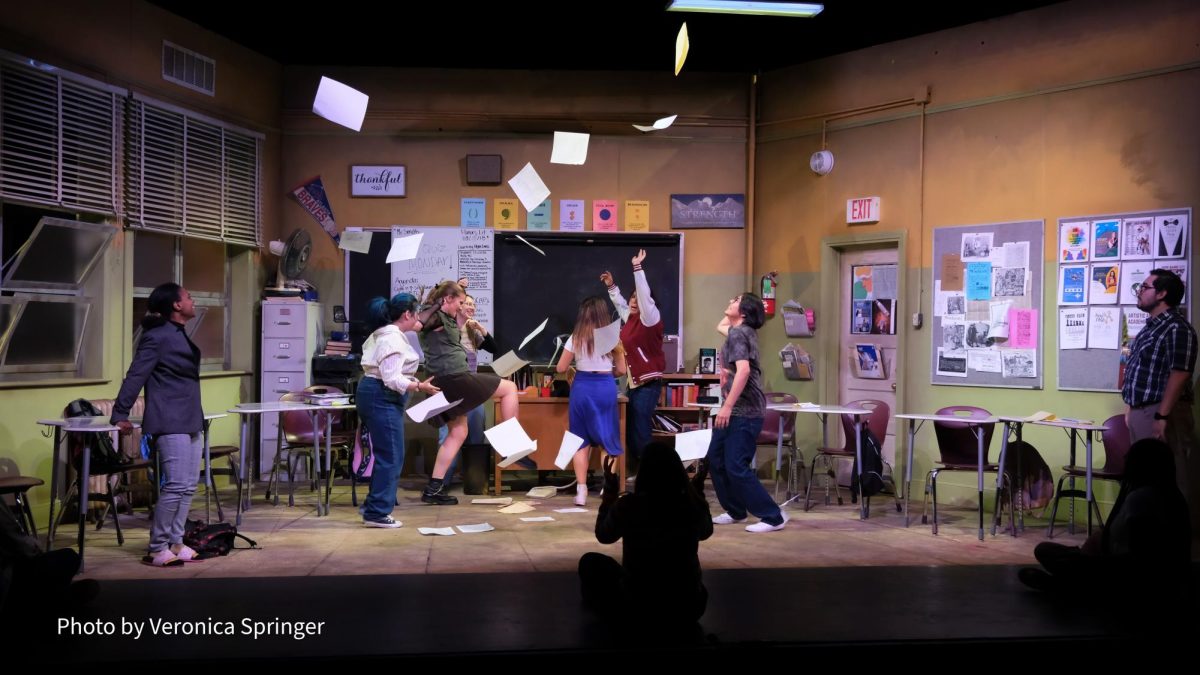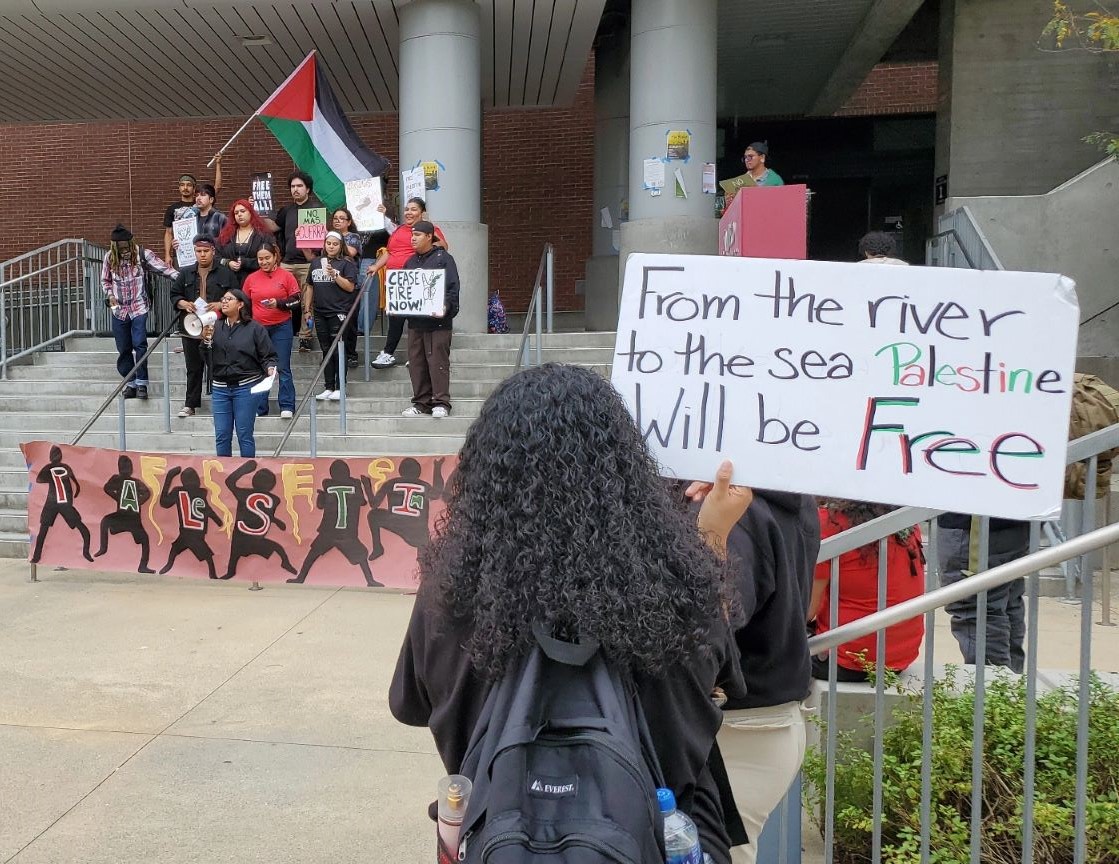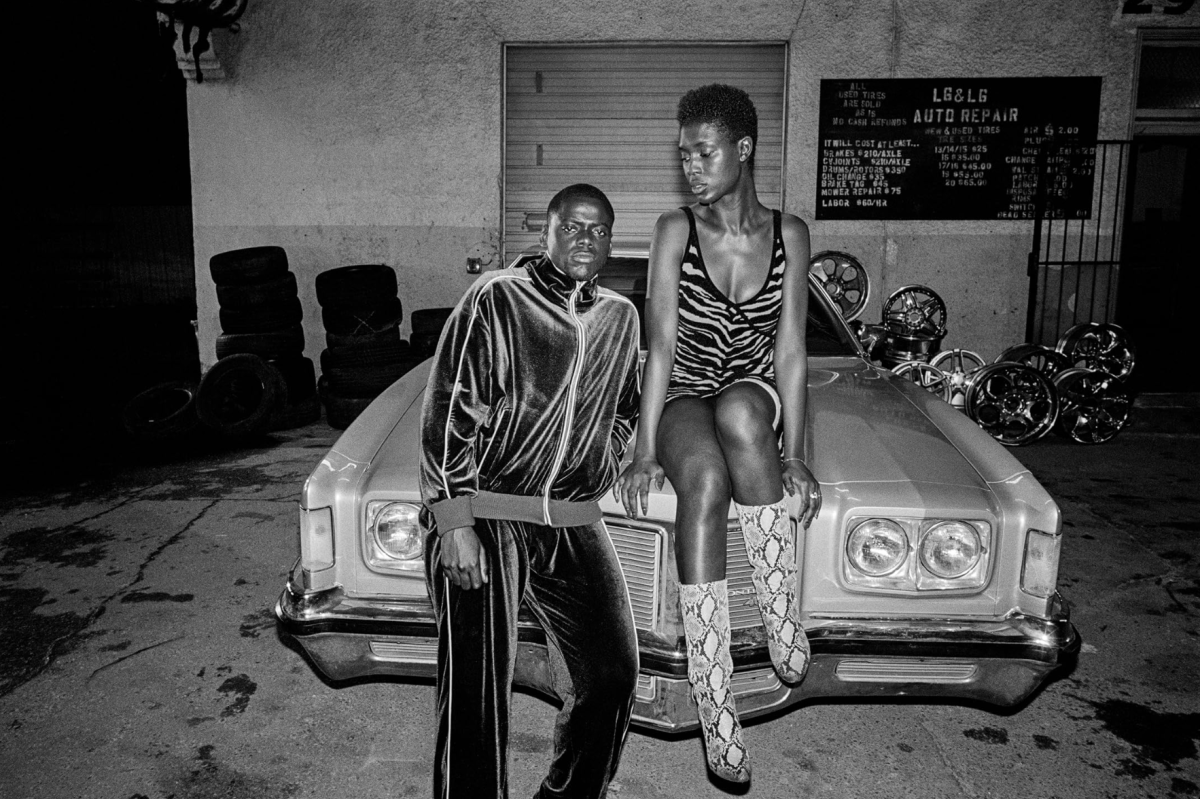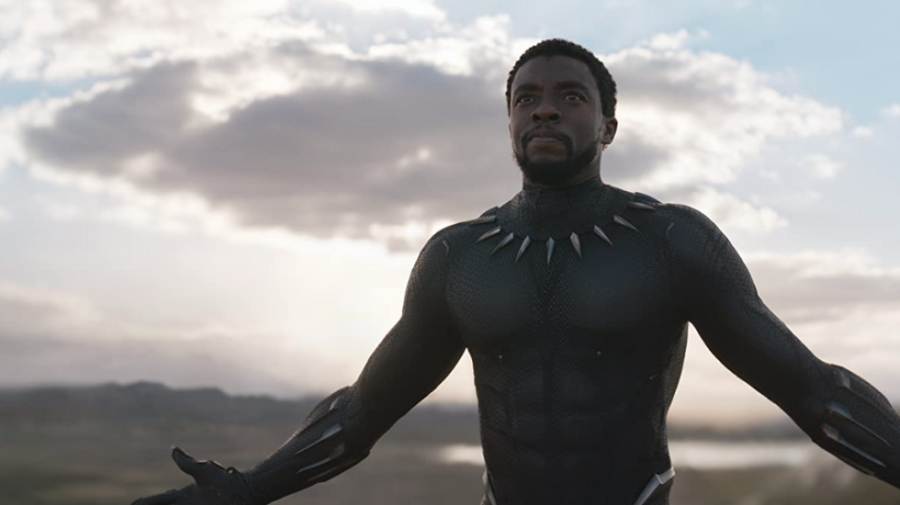HEATHER RICHARDS
City Times
A teenage boy in Oxnard, CA received an awful valentine last month; a gunshot to the head.
Lawrence King was declared brain-dead on Feb. 14, Valentine’s Day. Authorities say another boy, who had been taunting him, shot him while at school. Lawrence was gay. Supposedly Lawrence, who wore high-heeled boots and makeup from time to time, asked the alleged shooter to be his valentine.
When shocking things happen, the American response is often a numb surprise. You’ll hear people say things such as, “How could this happen?” and “Who would do such a thing?” A New York Times article on Lawrence’s death had such quotes from the people of Oxnard. But, outside of that community, I have heard little surprise, little disgust.
Lawrence’s death has not become a national outrage. I don’t understand why.
I’m from New York, and on Sept. 11, 2001, everyone kept bringing up the weather, as though bad things just shouldn’t happen on ordinary mornings, as though they would have been less surprised had it been overcast. When I heard about this eighth grader’s death, I had a similar response. What disturbed me wasn’t just the irony of Valentine’s Day or the dichotomy of violence and innocence. It was a statement of disbelief that no one else seemed to be saying. I kept thinking, “But he was just gay.” Like New Yorkers shaking their heads and saying, “It was just an ordinary morning.”How could this happen?
Who would do such a thing?
Terrible events are made bearable if there is a reason behind them, when the sun is not shining, when there is no shock element. We acknowledge that the death of a 14-year-old is awful because he was so young. We acknowledge that violence in a small community is disturbing because we assume big cities suffer such social casualties, not small towns. Why doesn’t it surprise us that being gay was reason enough for a child to be shot?
** Heather Richards is City Times’ news editor







